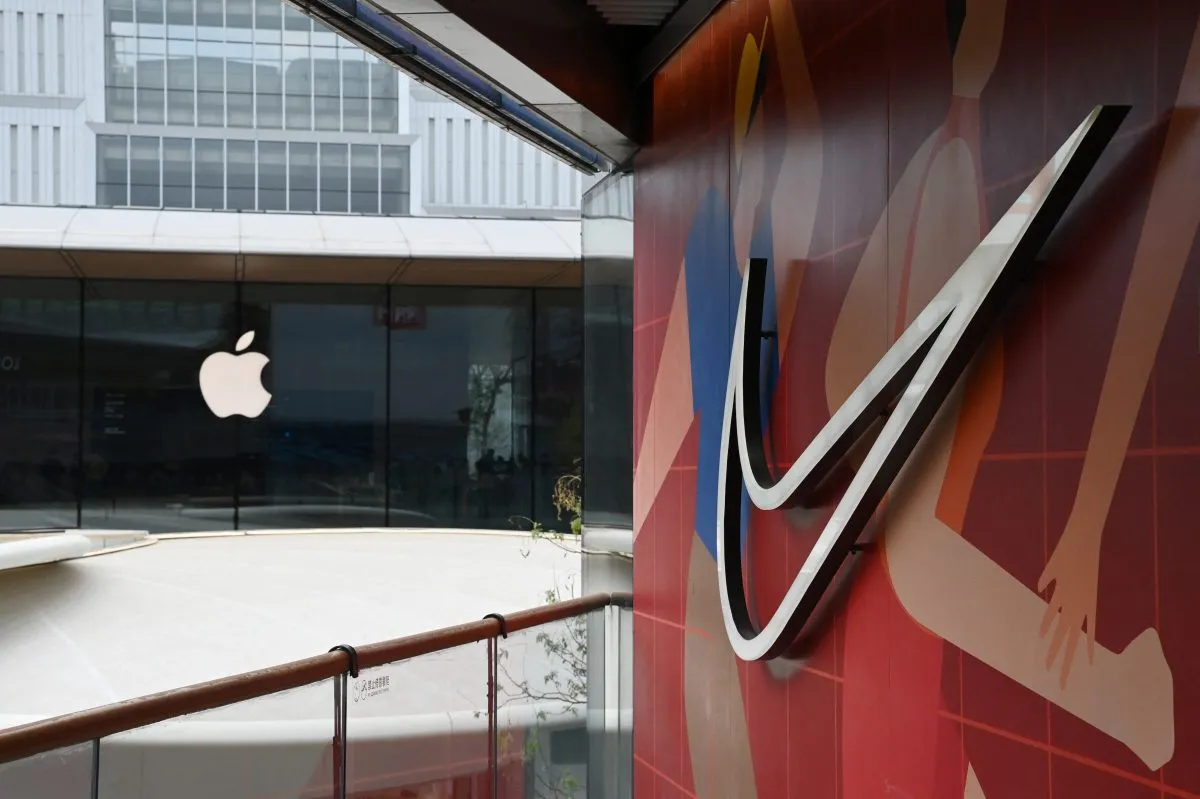In his previous life Thebe Ikalafeng worked to boost western-originated brands such as Colgate and Nike. For the past 15 years, however, he has been preoccupied with the question of how African brands can find and leverage that je ne sais quoi that will make them as pervasive as western brands are in the continent and elsewhere. The organisation he founded, Brand Africa, is behind the Annual Brand Africa 100 that has been published every year since 2011 – a ranking of which brands, local and foreign, hold the most sway with African consumers. Ikalafeng says the idea, popular at the time, that Africa was the next frontier, led him to question exactly how Africa might profit. “It seemed that the conversation was more about how to extract more out of the continent, rather than Africans themselves seeing the opportunities presented by the continent,” he recalls.
Ikalafeng’s apprehension was that, with the various advantages that foreign brands had over African ones, they would gain more from the burgeoning African opportunity than would local brands. A decade and a half later, the odds remain firmly stacked in the favour of non-African brands.
Ikalafeng says this is due not just to a first-mover advantage, but to decades of foreign brands working to build loyalty among African consumers. “They have invested heavily to find a way into our mouths, our minds and our money. We have been led to believe that the west is best; and if you look at the African [consumption] basket, it is dominated by non-African brands, which means the externalisation of African profits,” Ikalafeng explains.
Barriers to entry in own lands
For African brands, Ikalafeng adds, there is also a barrier to entry, even in their own lands. Having a captive audience and a decades-long head start means that foreign brands selling to Africans have access to resources, production capacity and distribution networks that their African competition simply do not have. “The barrier is money,” he points out starkly.
The result of all this is an entrenched perception among African consumers, Ikalafeng observes. This perception has been further exacerbated by new media and technology, which allows Africans to engage even more with western culture and brands.
“Because of the porous mental borders that were created and have been opened up by technology and media, we now find ourselves in a situation where we are more mesmerised by western cultures than by our own cultures.”
According to Ikalafeng, Brand Africa’s interactions with consumers show that while they use some African brands, they are more likely to choose foreign brands when purchasing products that speak to their identity. “If you look at the things that we need to survive, such as food, we buy local, generally. So in the more rural parts of the continent, say in Kenya or Rwanda, when you ask them what their best brand is, they will say ugali [a porridge staple popular in East Africa]. But for what we need to show off, we buy non-local,” he asserts. In effect, if it comes with a label, it is more likely to be western.
Crisis of identity
In addition, Ikalafeng argues, the prevalence of western culture has led to a crisis of identity, in which African cultural products must be validated by a western stamp of approval. African acts, for example, view performing at Madison Square Garden as the ultimate confirmation of their megastar status. It is also why, he says, affluent Africans would rather shop in Paris and buy property in London than in African cities.
“That’s how we know that we have arrived, because we are still so dependent on the western validation.” Some African cultural exports have begun to more loudly proclaim their African origins; Ikalafeng says the continent is beginning to exude more confidence in its culture and that the world is taking notice. “It is only when we saw Africa rising that we have them paying more attention to their African heritage because they see the opportunity to bring Africa into the mainstream.”
Despite what seems to be a challenging state of affairs more generally, Ikalafeng says there are some bright spots that offer hope for the continent. The African Continental Free Trade Area, which seeks to open up trade between the continent’s 54 countries, consolidating it into a single $3.5 trillion economy with 1.4 billion consumers, is an opportunity for local brands. There are also, he says, pockets of excellence in fintech, telecommunications, financial services, fashion and the creative industries. In South Africa, he points out, this and last year’s rankings were led by fashion brands – Maxhosa and Bathu – which he says are an indication of the continent’s growing power in that industry.
The lesson from other parts of the developing world that have had more success promoting home-grown brands, Ikalafeng suggests, is for African governments to pursue a more concerted agenda towards that purpose. “The first thing we have learned is there must be a vision of leadership. But the second thing you must do is identify what your competitive advantage is.
“China, for example, leveraged its size and population to build a manufacturing base, while giving selected local brands the space to grow by keeping competing western brands out. India, on the other hand, focused on technology. What we need is a national or regional agenda,” he proposes, emphasising that it must be anchored on a competitive advantage, while investing in the right institutions.
Invest in, build and protect local brands
Ikalafeng suggests that Africa must invest in, build and protect local brands and champions, pointing to how the United States and South Korea each appear to back Apple and Samsung when disputes occur between the two electronics giants. “Whenever Samsung fights in the US against Apple, Apple wins. Whenever Apple fights Samsung in South Korea, Samsung wins. It is not about being anti-international brands; it’s about protecting African brands. It’s not being anti-western; it’s about being pro-African.” For instance, Innoson and Kantanka, indigenous car brands in Nigeria and Ghana respectively, would benefit from the custom of their governments, he argues.
Another issue that is critical for African brands is that of intellectual property. Ikalafeng points to a long history of disputes, from Ethiopia’s tussle with Starbucks over coffee branding rights, to the Maasai community’s battle with entities in India over cultural appropriation, and South Africa’s drawn-out negotiations with the European Union over Rooibos tea. These cases, he says, offer examples of why the continent must properly protect its intellectual property (IP).
“We need to invest in research and development and we need to protect IP,” he stresses. But innovation isn’t the only area of concern. Ikalafeng also takes the view that Africa needs to reassess how it engages with external trading partners. “It might be a terrible thing to say, but I think what Africa needs is tighter control of its borders. Current trade policy, he says, has left the continent open to dumping by foreign producers and weakened local industry, and as a result, local brands.
“You speak to young entrepreneurs and they tell you they can’t compete.” Stricter economic border controls, he believes, could provide breathing space for African enterprises to grow and stabilise, and perhaps come to take up more spaces in the rankings in years to come. Africa can’t be “kicking away the ladder” from its own enterprises just as they’re emerging, he concludes.
Want to continue reading? Subscribe today.
You've read all your free articles for this month! Subscribe now to enjoy full access to our content.
Digital Monthly
£8.00 / month
Receive full unlimited access to our articles, opinions, podcasts and more.
Digital Yearly
£70.00 / year
Our best value offer - save £26 and gain access to all of our digital content for an entire year!

 Sign in with Google
Sign in with Google 



